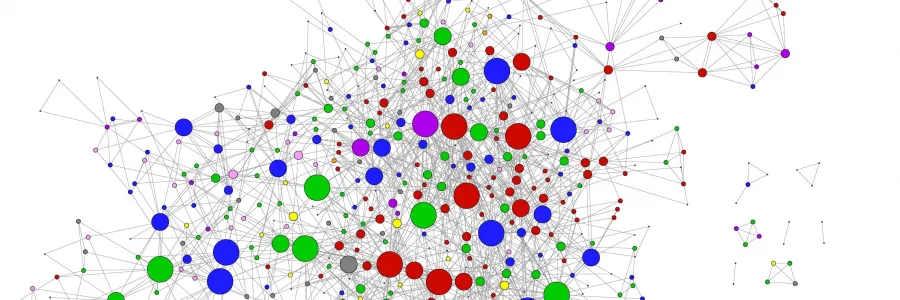Institute for Life Sciences Management Group
The Institute for Life Sciences (IfLS) is run by the following core team:
- Professor Max Crispin - IfLS Director. Max is Director and provides the strategic leadership across the breadth of the Institute for Life Sciences interdisciplinary portfolio. Max has a particular interest in supporting collaborative research, encouraging connections between researchers across disciplines and with external partners to strengthen research quality and impact.
- Professor Hywel Morgan - IfLS Deputy Director. Hywel supports and advises the IfLS Director across the broad life sciences portfolio. Hywel has particular interest in Life Technologies providing insight and experience into engagement with industry and enterprise.
- Professor Mary Barker - IfLS Deputy Director. Mary supports and advises the IfLS Director across the broad life sciences portfolio. Mary is the key contact for joint Institute activity with a particularly focus on Climate Change Health & Wellbeing.
- Janette Thompson - IfLS Project Manager
- Dr Alexandra Mant - IfLS Collaboration Manager
- Snita Bansal - Institute Coordinator
IfLS Research Special Interest Group and Academic Leads
Adolescent Health
AI for Life Sciences
Broad Interest Omics - BiOmics
Chemistry of Life
Climate Change Health & Wellbeing
Future Diagnostics
Global Health
Imaging
Interdisciplinary Dementia and Ageing Centre - IDeAC
- Professor Roxana Carare
- Professor Christopher Kipps, UHS
Interdisciplinary Musculoskeletal Health - FortisNet
Interdisciplinary Pain
Stem Cells and Organoids
Contact us
Contact the IfLS team at IfLSAdmin@southampton.ac.uk
